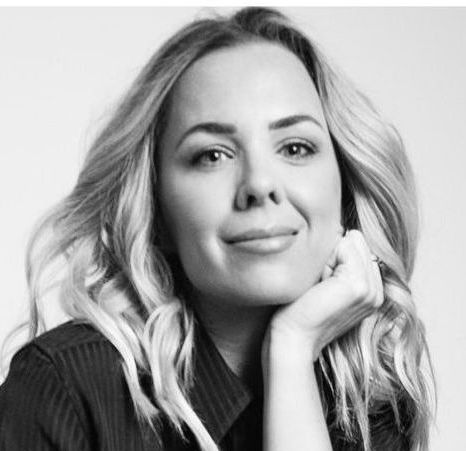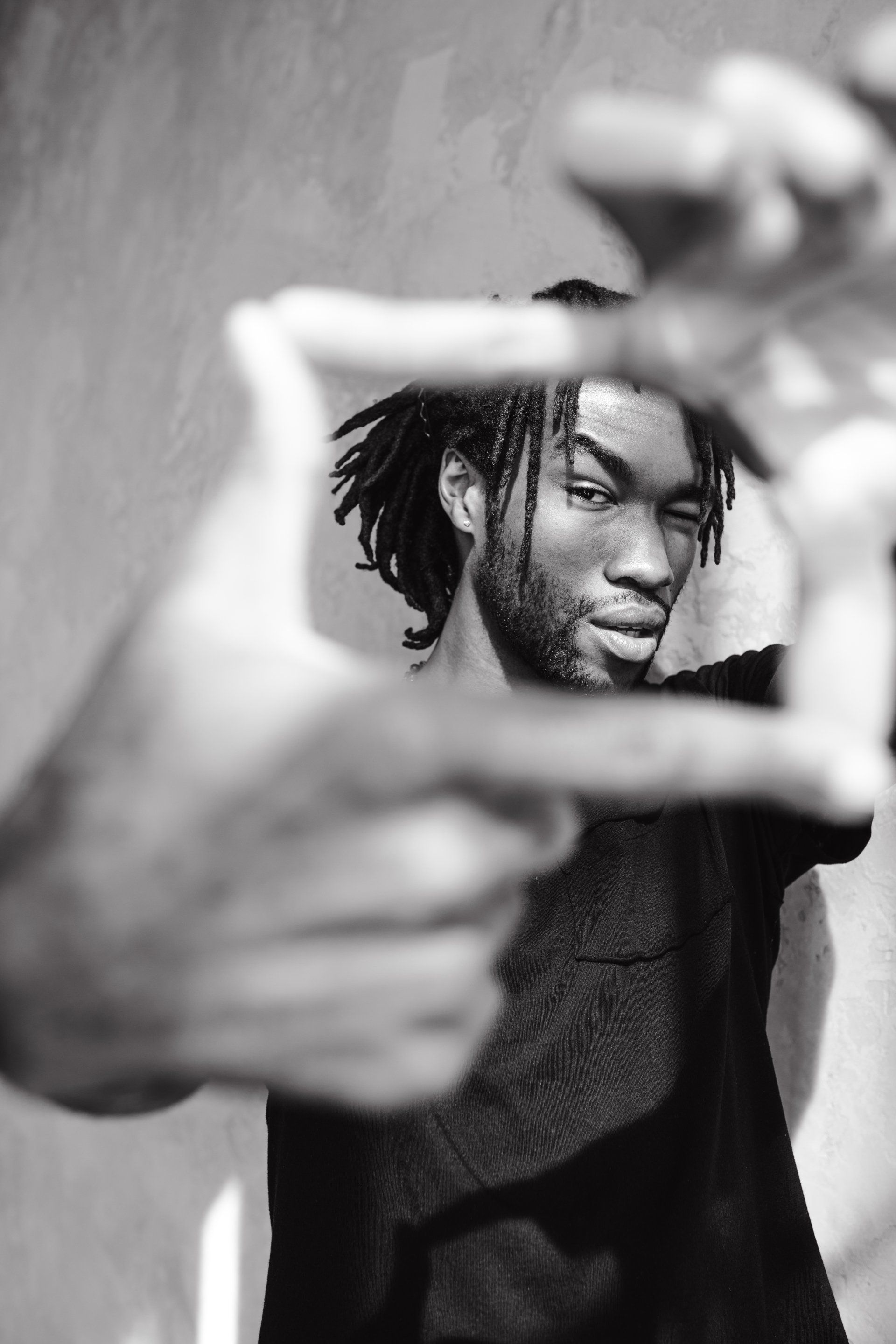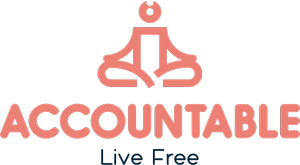National Recovery Month - Recovery is Possible
National Recovery Month - Recovery is Possible
My name is Jason Arsenault and I’m a person in long term recovery, it took me some time to say it clearly and boldly without shame.
September is one of my favorite months of the year, the beginning of Fall and National Recovery Month. With each seasonal change and especially in September I take the opportunity to reflect on my journey in recovery and live in gratitude for how far I’ve come.
Today I have just over 8 years of sobriety from drugs and alcohol, as I write this I’m filled with an enormous sense of gratitude for my journey and for all the individuals that have supported me along the way. I remember participating in a group in early recovery when the facilitator at the time said “it takes a village to recover” at the time I had no idea what it was like to depend on the help of others. In the beginning of my recovery, I found it difficult to ask for help or guidance. I had so much self-will that I thought that I already had all the answers. I quickly learned that I didn’t know much about recovery and relied on the help of others that had done it before me.
Throughout the years, I’ve started to “peel back the layers of the onion”, become vulnerable, honest and look at the underlying mental health challenges that lead me to addictive behaviors. Recovery for me is a lifelong journey, with each minute, hour, day, week, year that passes I have an opportunity to grow, evolve and put my best foot forward and do the next right thing for myself and others.
National Recovery month is a time to celebrate my own recovery and demonstrate to those that might be having a difficult or challenging time that recovery is possible. Being a cheerleader, mentor, advocate and ally is part of my personal journey as well as my life’s work. I believe in the power of example, demonstrating and supporting individuals along the way through the good times and challenges.
In 2016 I became a Certified Addiction Recovery Coach, a professional accreditation that would shape my career path. Never did I think that my past substance misuse and mental health challenges would be helpful in supporting others wanting to recover. The most impactful part of my training was the training on supporting individuals that practice harm reduction and engage in multiple pathways to recovery. I also learned that a person is in recovery when they say that they are in recovery. Their pathway to recovery may look different then mine and if someone is showing up they have a desire to recover.
Meeting individuals where they are at has provided me the opportunity to look at my journey, and acknowledge that I was seeking recovery long before I got sober. Providing space, guidance, and a non-judgmental approach has led many individuals that I have had the opportunity to work with over the years a sense of hope that has blossomed into sustainable recovery.
Recovery coaching and peer support is beginning to get national recognition as an integral part of the continuum of care for both mental health and substance use disorders. Bridging the gap between clinical care and clients engaging in daily life activities is so important for individuals in early recovery. Using motivational interviewing to support an individual’s pathway is imperative. No one likes to be told what to do. It is important for them to come up with a plan of recovery with some guidance and shared lived experience. Being a “truth teller” is a very important part of the peer advocate role, transparency and authenticity.
I’m grateful to work for You Are Accountable as Head of Business Development and Partnerships to expand our services to those that suffer from substance use disorders. I’m grateful for our dedicated team of professionals, peers, advocates, cheerleaders and allies that use their life’s experiences to guide and provide hope to those seeking recovery.
I learned early on in my recovery that my past does not have to dictate my future, but to use it as a strength to building a new future.
"THE SECRET OF CHANGE IS TO FOCUS ALL OF YOUR ENERGY NOT ON FIGHTING THE OLD, BUT ON BUILDING THE NEW."
- Socrates




hello@youareaccountable.com
(646) 450-7641